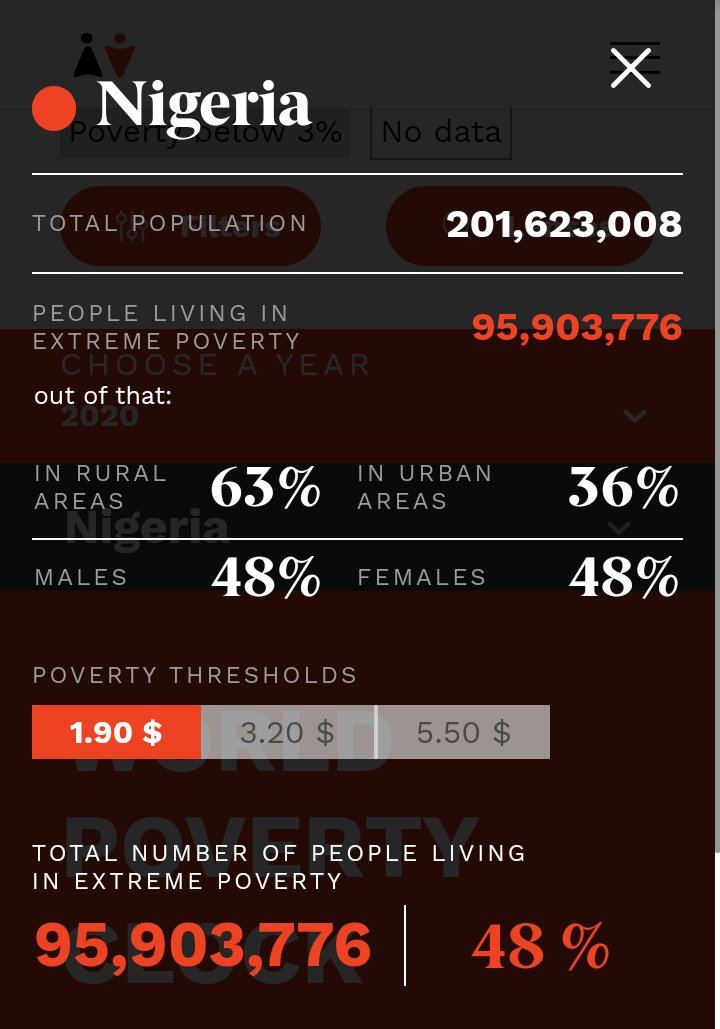#2 Only patients with mild disease and young/middle age were included, most of whom should not even require being hospitalized; 9 of 10 of these patients would be expected to completely clear the infection on their own.
Keep Current with Luciana Borio, MD
This Thread may be Removed Anytime!
Twitter may remove this content at anytime, convert it as a PDF, save and print for later use!

1) Follow Thread Reader App on Twitter so you can easily mention us!
2) Go to a Twitter thread (series of Tweets by the same owner) and mention us with a keyword "unroll"
@threadreaderapp unroll
You can practice here first or read more on our help page!





